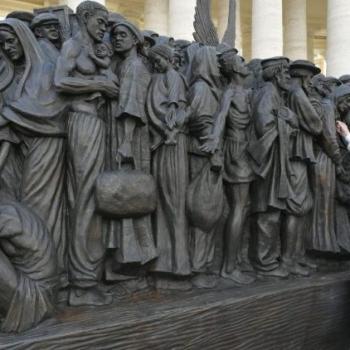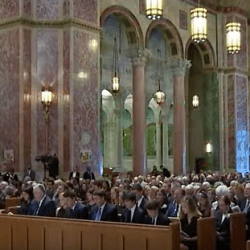
The Vatican is in line to control the new Internet address extension “.catholic” and decide who is allowed to use it.
The Internet Corporation for Assigned Names and Numbers, a nonprofit corporation that coordinates the assignment of Internet domain names and addresses around the world, announced the Vatican’s formal application June 13 in London.
The corporation is overseeing a huge expansion in the number of Internet extensions beyond the standard .com, .org., .edu and .gov. The extensions formally are known as generic top-level domains. The assignment of country-code top-level domains, like the Vatican’s own .va, will not be affected by the change.
Msgr. Paul Tighe, secretary of the Pontifical Council for Social Communications, told Catholic News Service that the Vatican’s application to control the top-level domain .catholic “is a recognition of how important the digital space is for the church.”
Controlling the top-level domain “will be a way to authenticate the Catholic presence online,” Msgr. Tighe said. The Vatican plans to allow “institutions and communities that have canonical recognition” to use the extension, “so people online — Catholics and non-Catholics — will know a site is authentically Catholic.”
The Vatican does not plan to allow individual bloggers or private Catholics to use “.catholic,” Msgr. Tighe said. Use of the domain would be limited to those with a formal canonical recognition: dioceses, parishes and other territorial church jurisdictions; religious orders and other canonically recognized communities; and Catholic institutions such as universities, schools and hospitals.











